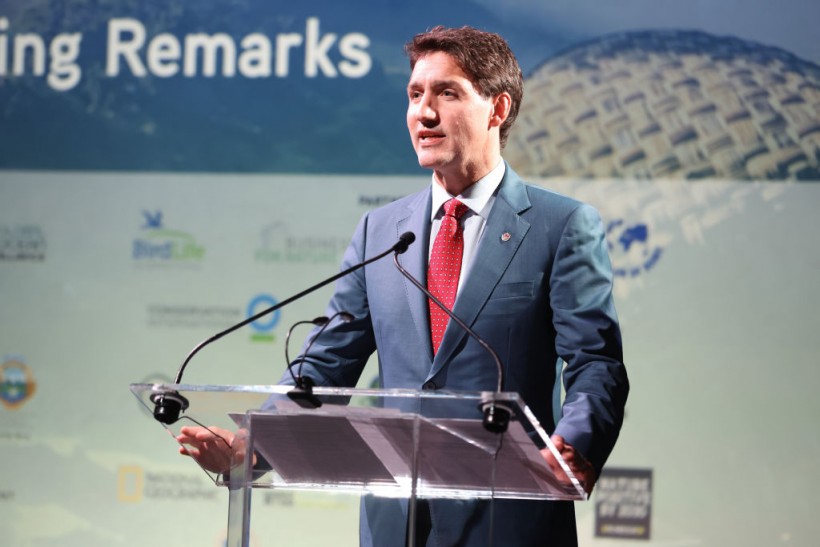
(Photo : Photo by Monica Schipper/Getty Images for WWF International)
Canadian authorities announced the lifting of border COVID-19 restrictions starting on October 1 and will result in travelers no longer needing vaccination or quarantine to travel to Canada.
Canadian authorities announced on Monday that they will be lifting all coronavirus restrictions on the border for athletes and visitors, which results in the removal of testing and quarantine for arriving travelers, starting in October.
The lifting of the vaccine mandate also means that Major League Baseball players who are unvaccinated would be allowed to play in Toronto in the playoffs should the Blue Jays make the postseason. This would also apply to the National Basketball Association and the National Hockey League
Canada's Border Restrictions
Currently, unvaccinated foreign travelers who are allowed to enter the country are subject to mandatory arrival tests and a 14-day quarantine. Prime Minister Justin Trudeau's government has also agreed to allow a cabinet order enforcing mandatory COVID-19 vaccination requirements at the border to expire on Friday.
The country's government also announced that as of Saturday, they will no longer require people to wear masks on planes. In a statement, Transport Minister Omar Alghabra said, "We are able to do this because tens of millions of Canadians rolled up their sleeves and got vaccinated," as per ESPN.
The announcement is most likely aimed at boosting Canada's travel industry, which is already booming after months of a lull during the health crisis. In a statement, WestJet Airlines, Canada's second-largest carrier, said that the lifting of restrictions will further expedite recovery for the industry.
Authorities based their decision to end COVID-19 restrictions on the country's vaccination rate, availability of newer vaccines and treatments, and data that showed Canada has passed the peak of the latest wave of coronavirus infections.
According to Reuters, data showed that more than 90% of Canadians over 12 years of age have taken the primary series of a COVID vaccines. This month, officials authorized Moderna Inc's bivalent COVID-19 shots for adults, the country's first Omicron-adapted vaccine.
Recovering Economy
Health Minister Jean-Yves Duclos said that the decision was thanks to the citizens and allowed the government to safely lift the sanitary measures at the border. However, he noted that authorities were prepared to reinstate restrictions if needed.
He told reporters in Ottawa, "Obviously we have no hope to reintroduce some of these measures but if we need to protect the safety of Canadians, we will have to." Travelers, regardless of their citizenship, will no longer be required to submit health information through the ArrivanCAN app or provide proof of vaccination starting on Oct. 1.
The topic of loosening COVID-19 restrictions was discussed during Wednesday's caucus meeting at Parliament Hill. Tourism Minister Randy Boissonnault said that officials were "going to make sure that as we open up the economy, we do so in a systematic and respectful way."
Prior to the full lifting of restrictions, Canadian authorities previously loosened requirements so that fully-vaccinated individuals did not have to show a negative pre-departure COVID test but still needed to use the ArriveCAN system.
People who were not considered fully vaccinated were allowed to enter Canada only for certain types of visits and had to show a negative test before and after arrival to the country and had to undergo a 14-day quarantine, USA Today reported.
Related Article: Italy's Meloni Becomes Prime Minister, Could Focus on Country's Migration Policies








